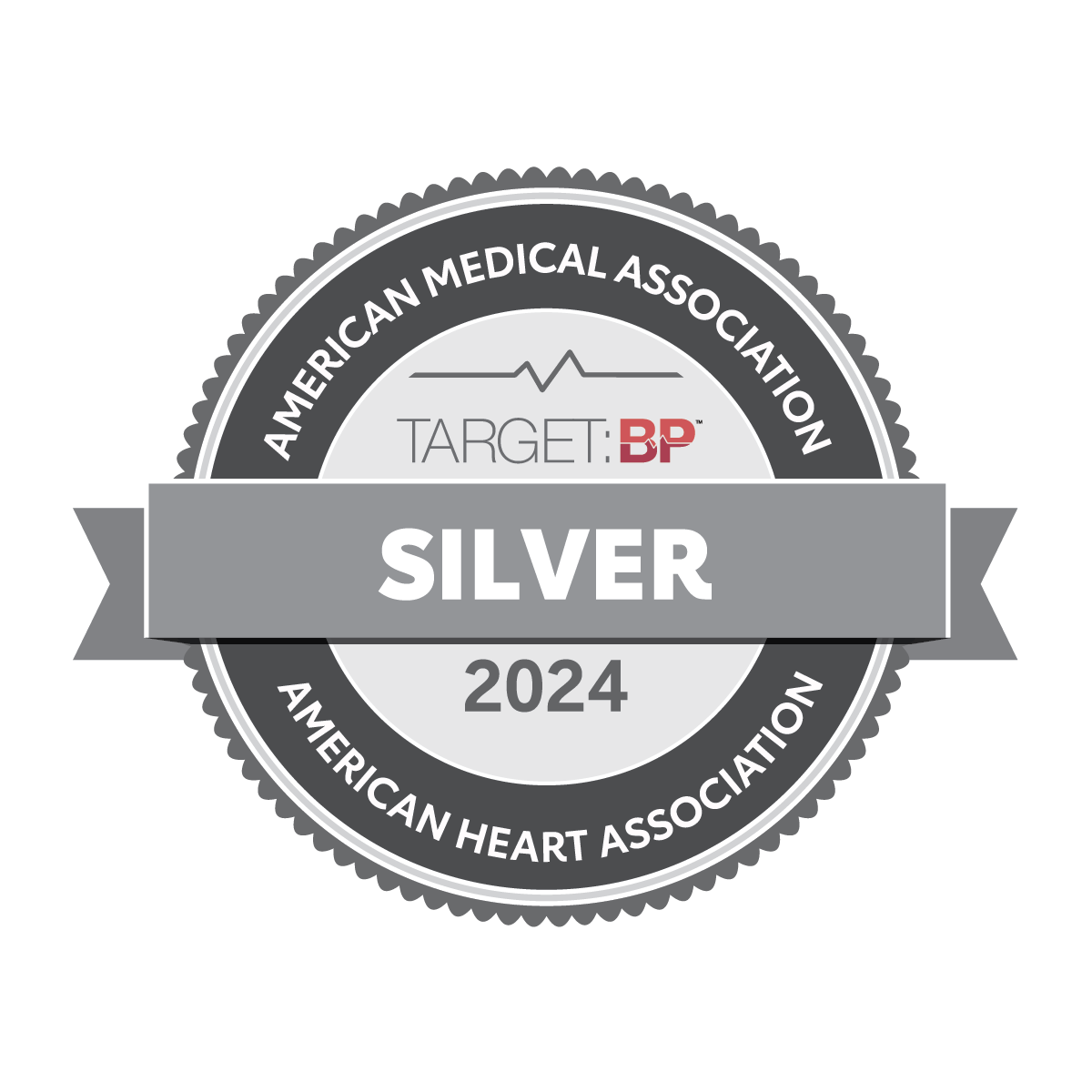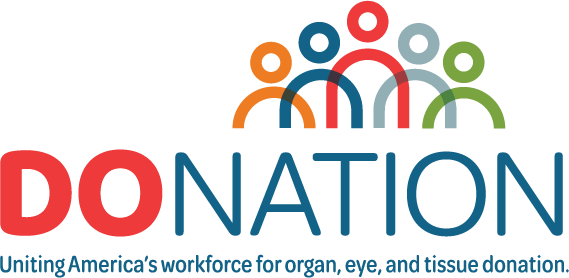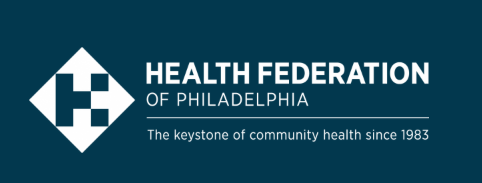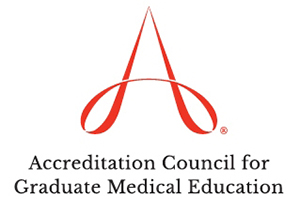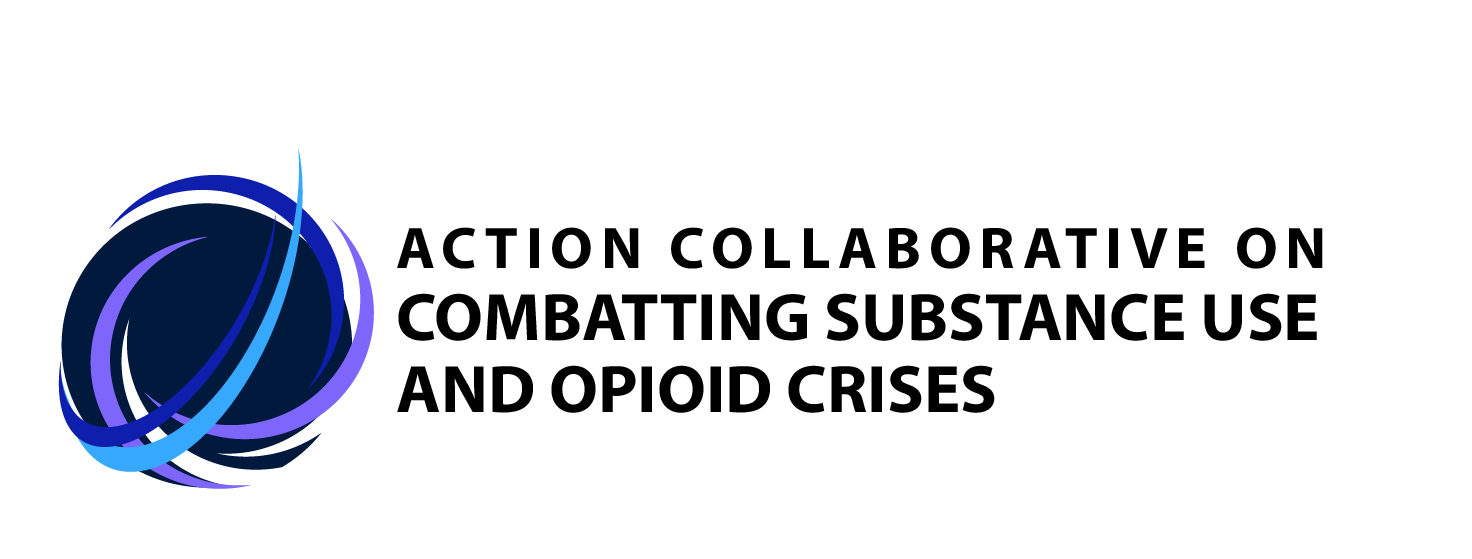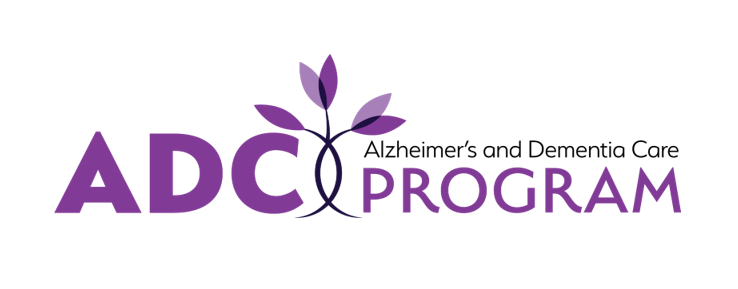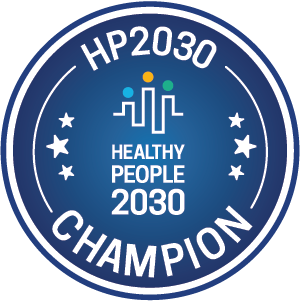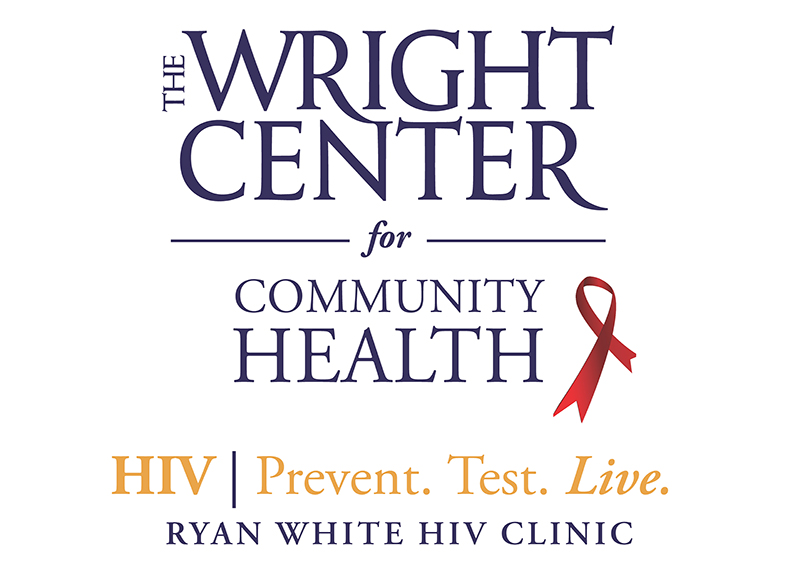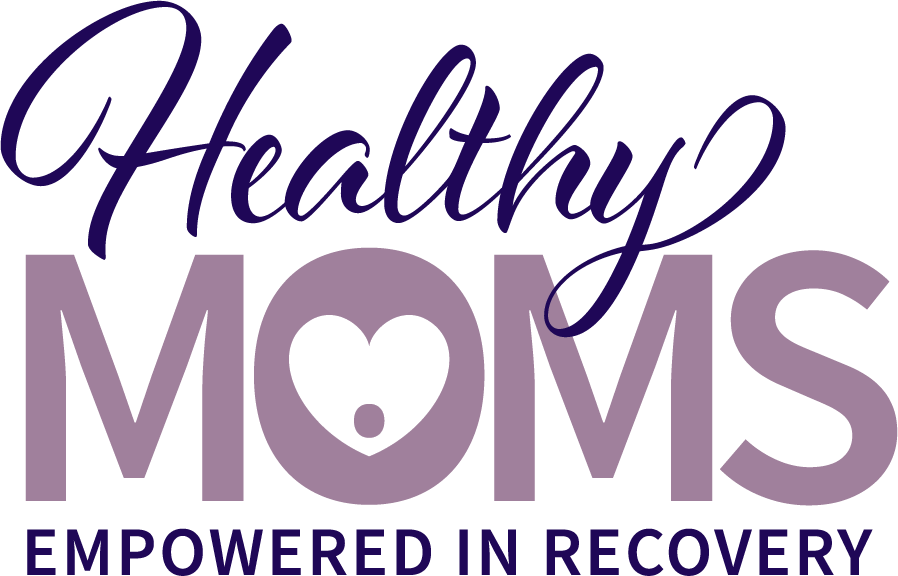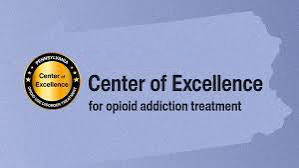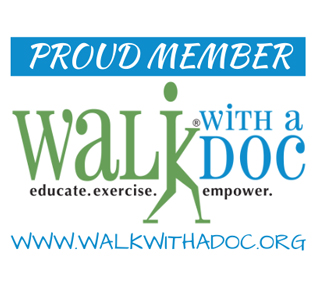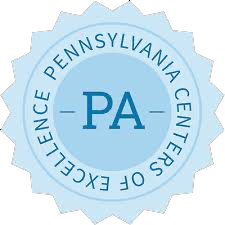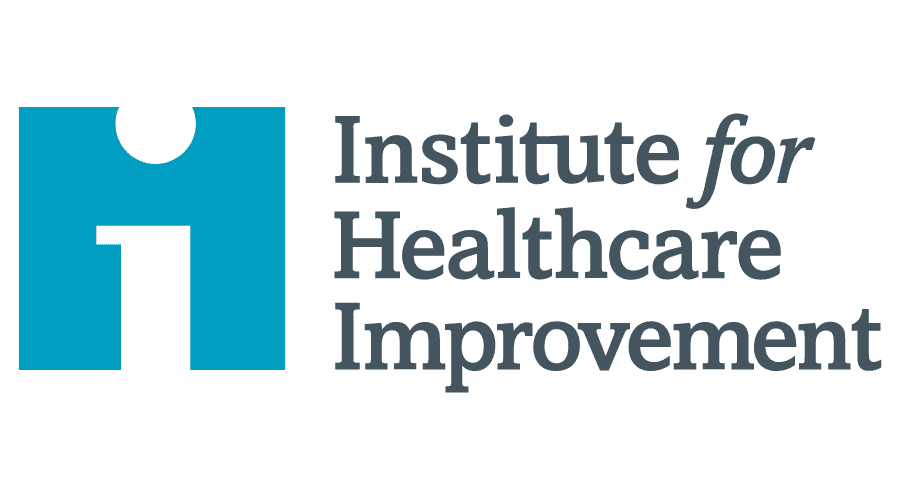News
National Family Medicine Residency program names Dr. Suzuki as associate program director
Alumnus works at the Unity Health Care training location in Washington, D.C.
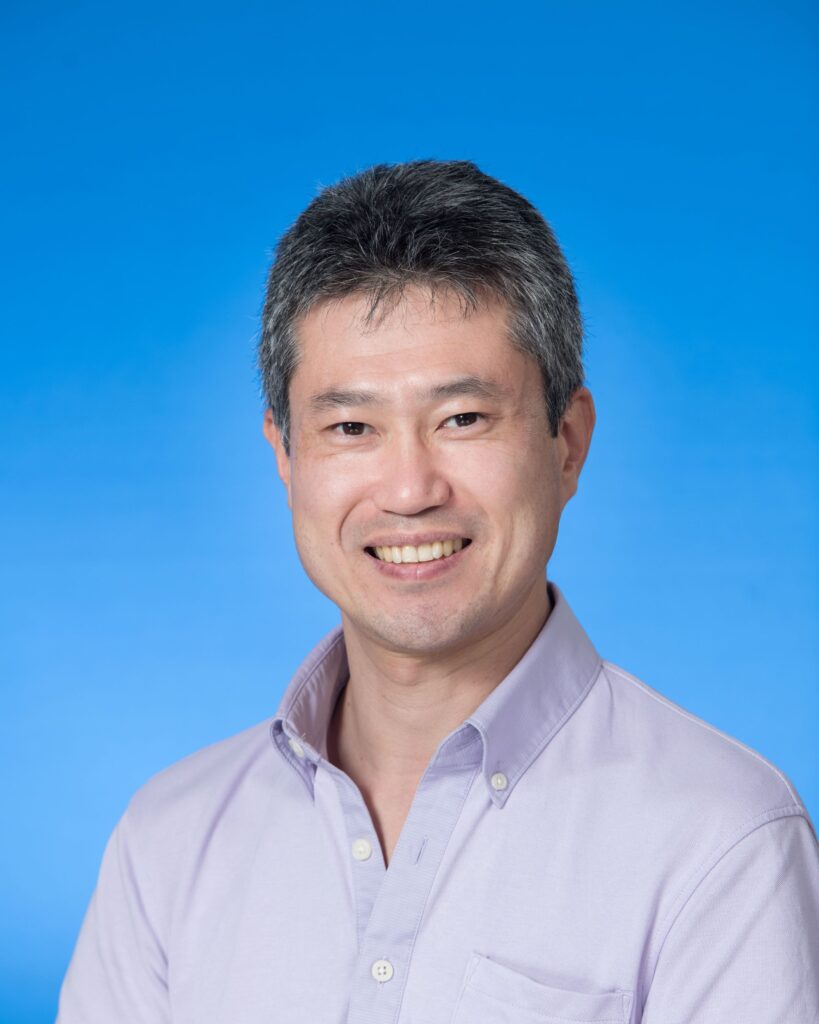
Taisei Suzuki, D.O., MIPH
Taisei Suzuki, D.O., MIPH, has been named associate program director for The Wright Center for Graduate Medical Education’s National Family Medicine Residency program at the Unity Health Care training location in Washington, D.C.
In his new role, Dr. Suzuki will oversee resident physicians working at the training location, which offers medical outreach through 11 medical sites at homeless shelters, nine community health centers, two school-based health centers, medical walking outreach initiatives, and the D.C. Department of Corrections medical program.
“The uniqueness of Unity is there’s a lot of opportunity to deliver health care in different settings,” he says. “Correctional medicine is one, also the homeless, outreach, school-based health centers that really holistically take care of a patient in the community.”
For Dr. Suzuki, it’s a new role in a familiar place. He began his National Family Medicine Residency in Washington, D.C., in 2015 and completed his final two years in Tucson, Arizona, where he served as chief medical resident during the third year of his residency.
He then returned to Unity Health Care in December 2018 as a core faculty member for The Wright Center for Graduate Medical Education’s National Family Medicine Residency program. Dr. Suzuki became associate medical director of the Parkside Clinic in 2022.
Dr. Suzuki hopes to impart what he’s learned during his career at The Wright Center and Unity Health Care.
“I never really imagined myself involved in the teaching,” he says. “But I’m really passionate about osteopathic medicine, and I want to continue disseminating that philosophy to the next generation of doctors.”
Born in Japan, Dr. Suzuki initially worked as a humanitarian aid worker for nearly eight years with nongovernmental organizations and the United Nations in Liberia, Sudan, Zimbabwe, and other developing countries. He then pursued his dream of becoming an osteopathic physician, enrolling at A.T. Still University Kirksville College of Osteopathic Medicine.
Osteopathic medicine is Dr. Suzuki’s calling, he says, because it focuses on treating the whole person and the mind-body-spirit connection. It’s an idea that resonates as he treats patients at Unity, many of whom are, “left out of the system.”
Physicians working with populations of special concern must have a good grasp of what’s happening in a patient’s life, Dr. Suzuki says. Patients have varying levels of education, meaning they can have difficulty understanding their medical conditions or reading instructions for medications. Patients experiencing homelessness may not be able to take medications regularly or focus on healthier eating. Understanding a patient’s challenges can help a physician deliver effective care, he says.
It’s a lesson he wants to help residents grasp. “I want to provide opportunities for the residents to truly understand community medicine and understand where patients are coming from and be able to deliver health care while meeting patients where they are,” Dr. Suzuki says. “It’s easy to say and super hard to do.”
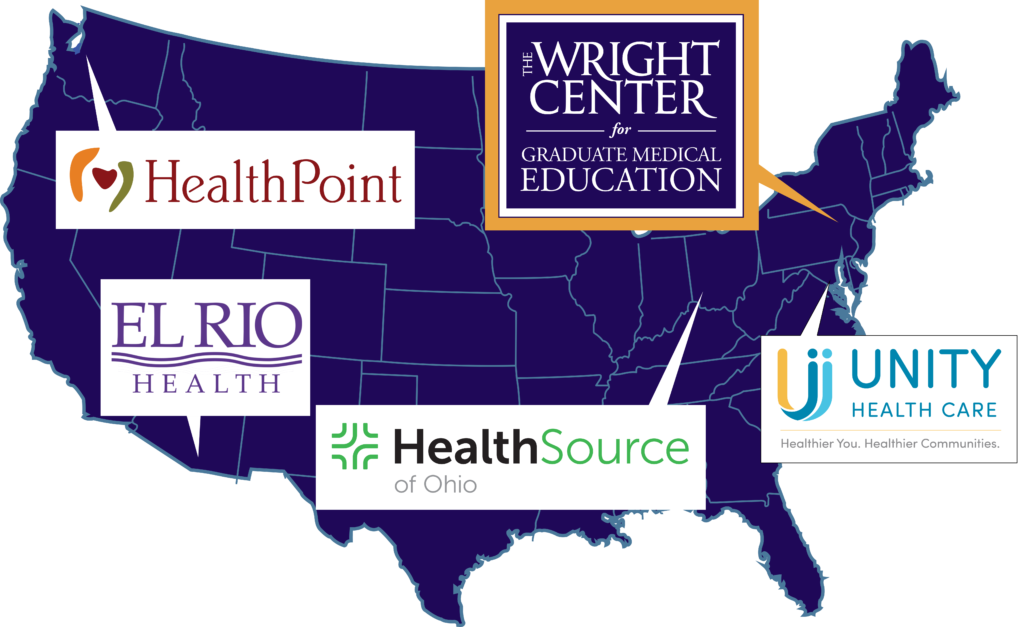
The Wright Center for Graduate Medical Education National Family Residency program features training locations in Northeast Pennsylvania, Tucson, Arizona; Hillsboro, Ohio; Auburn, Washington; and Washington, D.C.
Residents at the Washington, D.C., training program rotate through training sites, including various Unity Health Care sites, Howard University Hospital, Children’s National Health System, the Veterans Affairs Medical Center, and United Medical Center.
“Through our training, I really hope all our residents fully understand how the health care system is not yet set up for everyone and how health care professionals help these people who are left out of society be able to live better and get the good health care that they need,” he says.
In addition to working with medical residents, Dr. Suzuki will continue to hold clinics several times a week, including one at the D.C. Department of Corrections. He enjoys building relationships with his patients to provide care, regardless of the patient’s changing circumstances.
Dr. Lawrence LeBeau. D.O., program director of the National Family Medicine Residency program for The Wright Center for Graduate Medical Education, has worked closely with Dr. Suzuki for several years, watching him grow as a physician and a leader.
“He’s very organized, very mature, very compassionate,” Dr. LeBeau said. “He’s committed to the mission of the program.”
Dr. Suzuki credits the physician faculty and doctors he worked with at The Wright Center for Graduate Medical Education and at Unity for showing him how teamwork is the key to delivering high-quality, compassionate community care. He aims to share that knowledge with residents in the program.
“Graduate medical education is a teamwork effort,” he said. “As a resident, I always felt the program director is leading this, or the associate program director is deciding that, but it’s truly a lot of different people involved in establishing graduate medical education programs and moving things forward and then trying, truly trying, to help the residents improve.”
For more information about the fellowship and residency programs available at The Wright Center for Graduate Medical Education, call 570.866.3017 or email [email protected].
